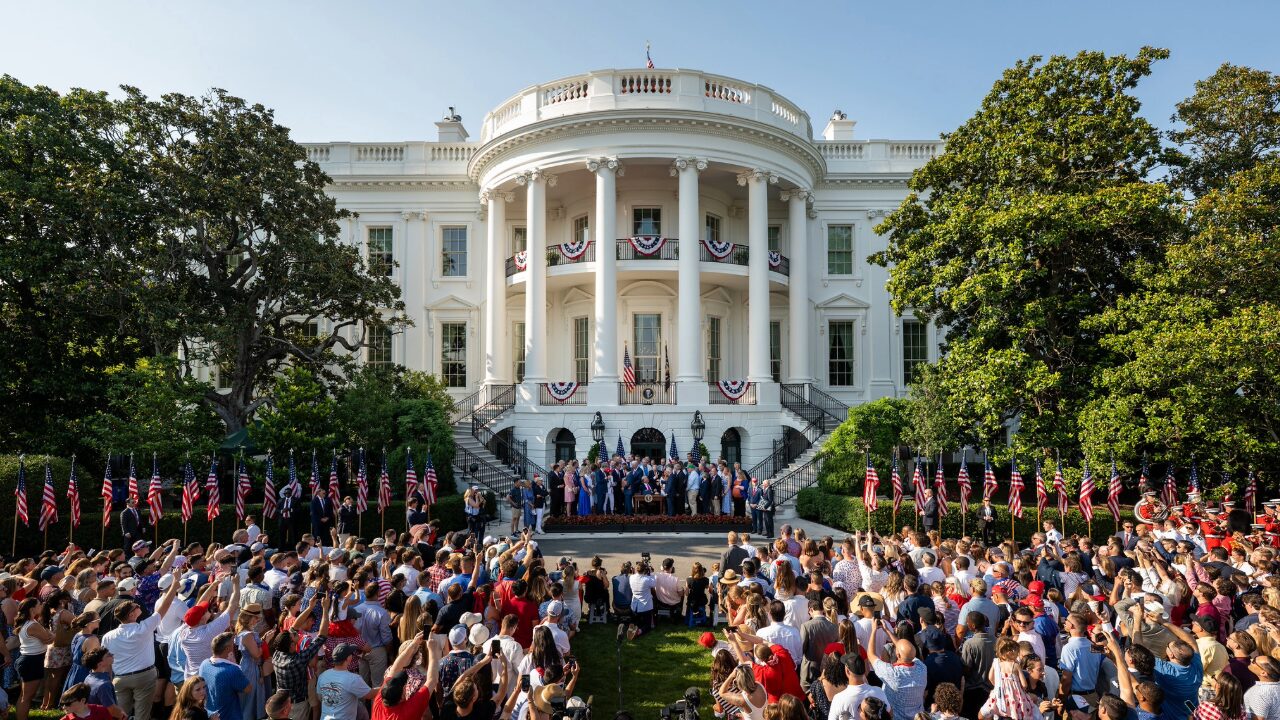Trump Pulls Stefanik Nomination to Protect House Majority
In a surprising move, President Trump has withdrawn his nomination of Rep. Elise Stefanik for U.S. Ambassador to the United Nations—a decision driven not by scandal or lack of support, but by political necessity. Stefanik had the votes in the Senate, but Trump, frustrated by a stalled legislative agenda, decided her leadership in the House was too valuable to lose.
With razor-thin margins in both chambers, the White House is keenly aware of the risk posed by even a single lost seat. Stefanik played a key role in narrowly passing the continuing resolution to avert a government shutdown—an effort that highlighted her importance in pushing Trump’s priorities through the House.
The decision follows a Democratic win in a Pennsylvania state Senate race—an area Trump carried easily in 2020—thanks to a split vote in a three-way race. A similar risk now looms in Stefanik’s district, where an independent candidate is weighing a run that could tip the seat to Democrats.
Congressional Leaders Push to Advance Trump’s Agenda
House Speaker Mike Johnson and Senate Majority Leader John Thune are working to align their chambers behind Trump’s priorities. The House is preparing to vote on tax cuts, energy policy, and border security in April—after Florida’s special elections. In the Senate, progress will be slower due to internal GOP divisions and the filibuster hurdle.
Corporate Transparency Act: Momentum Builds
ABMA is beginning to see real momentum on two critical regulatory fronts—progress that reflects months of sustained advocacy.
One of the most significant developments is Treasury’s recent decision to pause enforcement of the Corporate Transparency Act (CTA) for domestic businesses and propose a rule change that would limit its application to non-domestic entities. This marks a key turning point in our nearly year-long effort to rein in a law that poses a serious threat to small business owners.
The CTA, as written, requires millions of small businesses—including many in the lumber and building materials sector—to report detailed personal and ownership information to the federal government. This information includes names, dates of birth, home addresses, and identification documents of all “beneficial owners” of a company. Failure to comply can result in severe penalties of up to $10,000 and even jail time—a burden that falls hardest on small, independently owned businesses with limited administrative capacity.
ABMA, working in close coordination with a national alliance of business groups, has submitted formal comments, and engaged in direct conversations with lawmakers, to urge Treasury and Congress to reconsider the sweeping scope of this law. While the proposed rule narrowing its focus is a significant win, the underlying statute remains in place—and several court cases challenging its constitutionality are still pending.
One federal court has already ruled the CTA violates the Fourth Amendment’s protections against unreasonable search and seizure, bolstering momentum for broader repeal. ABMA will continue pressing for permanent relief—whether through the courts or through congressional action—to ensure our members aren’t subject to unnecessary, invasive, and duplicative reporting requirements that do little to improve transparency or security.
ABMA Advocacy Spurs Action on OSHA Heat Rule
ABMA is also seeing positive developments in our pushback against OSHA’s proposed Heat Injury and Illness Prevention Standard. This sweeping rule would dramatically change how employers in the LBM industry must operate during warm weather. When temperatures exceed 80°F or 90°F, employers would be required to provide specialized heat training, enforce mandatory rest breaks every two hours, and maintain detailed records of temperature readings and compliance activities—just to name a few provisions buried in the rule’s more than 1,000 pages.
ABMA has been engaged on this issue for nearly a year, working closely with the SBA’s Office of Advocacy, filing official comments with OSHA, and meeting directly with lawmakers to highlight the burden this rule would place on fixed, open-air worksites like lumberyards. Now, congressional leaders are beginning to respond. House Education and Workforce Committee Chair Rep. Tim Walberg (R-MI) has publicly called on the Department of Labor to withdraw the rule, citing the extreme compliance burden and regulatory overreach.
These developments are encouraging signs that our message is resonating—and that momentum is building in Washington to make the regulatory system work better for our industry.




